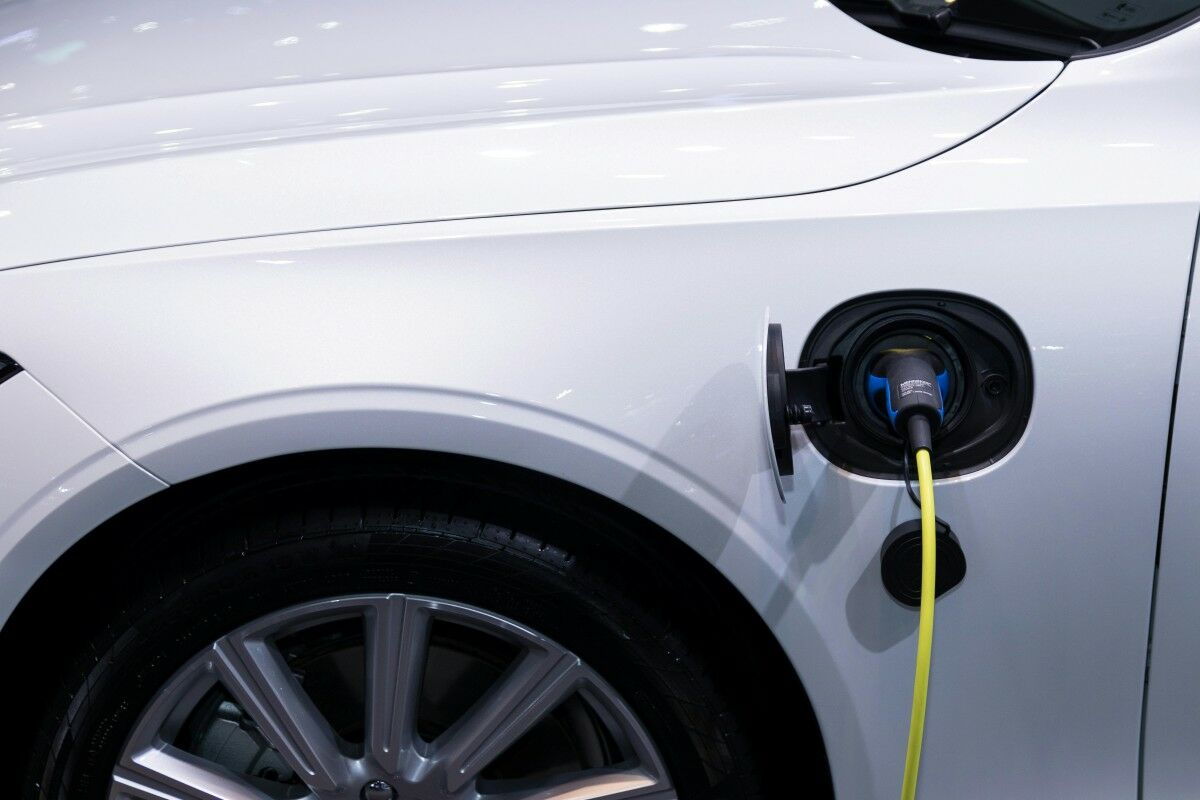Thailand charges ahead with tax breaks for hybrid vehicles

Tax incentives for the manufacturing of plug-in hybrid vehicles (PHEVs) in Thailand are being proposed, with implementation anticipated from 2026 pending approval, as announced by Deputy Finance Minister Paopoom Rojanasakul.
The proposal, which aims to link tax rates to a vehicle’s battery charge travel range, will be presented to the Cabinet by April.
To boost PHEV adoption, the government is implementing a new tax structure distinct from that of electric vehicles (EVs). Instead of carbon emissions, tax rates will be determined by a vehicle’s electric range, with longer-range PHEVs benefiting from lower taxes.
The current fuel tank size restriction on PHEVs will be lifted. The existing tax rates, which varied based on an 80 kilometre range, charge a 5% tax rate if vehicles travel more than the established range. Meanwhile, a 10% rate is charged for PHEVs with a range less than 80km. Details of the new system will be released after Cabinet approval.
In addition to PHEV tax changes, the Excise Department is revising the battery tax structure. Currently, a flat 8% excise tax applies to all batteries. The new system will implement tiered rates, favouring batteries with longer life cycles and higher energy density (energy capacity relative to weight).
Disposable batteries will face higher taxes than rechargeable ones, reported Bangkok Post.
Thailand, recognised as Southeast Asia’s largest automotive production hub and an export base for leading automakers like Toyota and Honda, is currently facing a significant downturn in the industry. The previous year saw auto production in Thailand decrease by 10% to reach a four-year low, with domestic sales and exports declining by 26% and 8.8%, respectively.
Chinese EV manufacturers, including BYD and Great Wall Motors, have invested over US$3 billion (approximately 108 billion baht) into facilities in Thailand. Their aggressive pricing strategies are placing additional pressure on competitors, in a sector that contributes 10% to the country’s GDP.
Latest Thailand News
Follow The Thaiger on Google News:


























